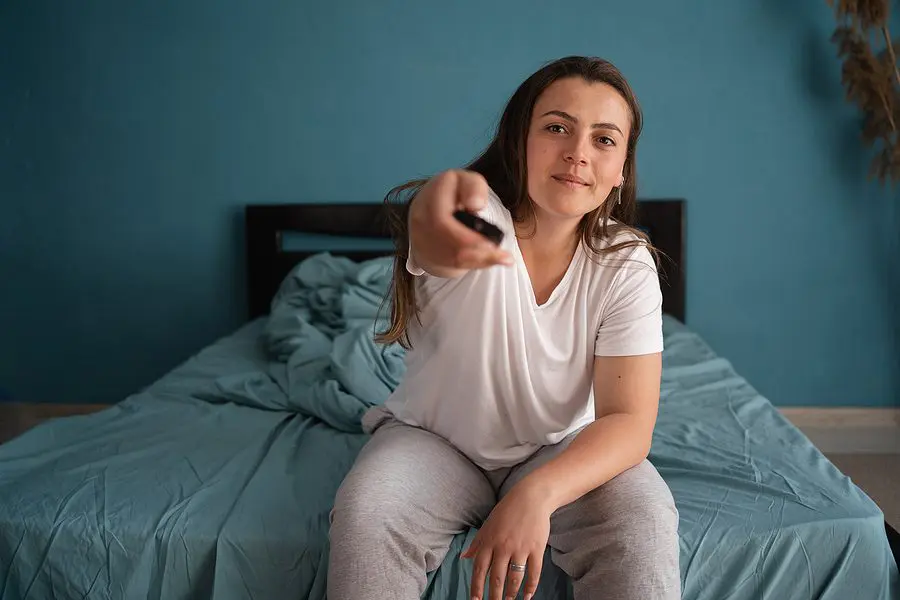
Falling asleep and staying asleep are incredibly important for brain health and cognitive function. Sleep may be affected by specific causes of Dementia, but in addition, some studies show that poor sleep might actually contribute to the development of a Dementia. Many people struggle with getting adequate sleep due to various factors, including Stress, activity level, and poor sleep hygiene.
Electronics have found their way into many aspects of modern life. Adults and children have more access to LED screens and electronic Entertainment today than at any other time in history. While many of these tablets, smartphones, and TV screens can improve the quality of communication, they can also negatively impact your brain health.
The Nielsen organization reports that, on average, adults watch 33 hours per week, while children average 24 hours. Most of this viewing time occurs in the evening hours, shortly before bed, or while lying in bed before trying to go to sleep.
When you’re watching a television program, it engages the brain. You can often find yourself reacting to the program, formulating questions about what will happen next, or even emotionally reacting to what’s on the screen. When this happens, it often results in the brain releasing stress hormones like adrenaline and cortisol, which stimulate the body and continue to keep the brain engaged. You start to set up a cycle in your brain that encourages it to stay awake and alert at precisely the same time that it’s supposed to be calming down to prepare for sleep.
Your bedroom should be set up as an environment that is conducive to getting a good night’s sleep. Removing the television from your bedroom removes unneeded stimulus.
Going to sleep each night in a positive sleep environment trains your brain to recognize the timing and routine of the sleep-wake pattern. This allows you to fall asleep more quickly and stay asleep throughout the night. This can also be a significant factor in reducing your dependency issues regarding sleep aids and medications.
Contributor: Dr. Michael Trayford is a Board-Certified Chiropractic Neurologist and Founder of APEX Brain Centers in Asheville, NC. For more information, please visit https://apexbraincenters.com/cognitive-decline-asheville-nc/.
Contributing authors’ opinions are not necessarily those of the Dementia Society, Inc. We do not endorse nor guarantee products, comments, suggestions, links, or other forms of the content contained within blog posts that have been provided to us with permission, paid or otherwise. Dementia Society does not provide medical advice. Please consult your doctor. www.DementiaSociety.org
Notifications